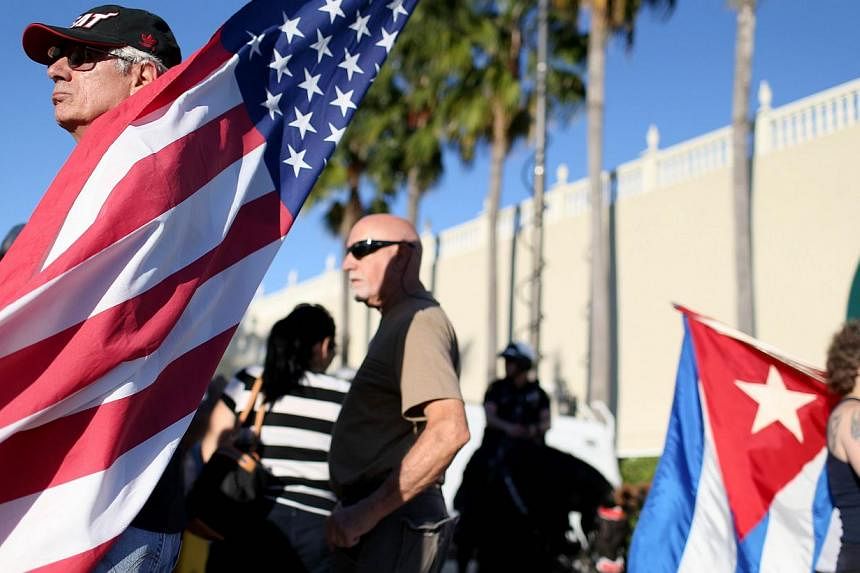Last week, Presidents of Cuba and of the United States of America announced a "thaw" in the relations between their two countries, relations that had been frozen, mainly by the US, since 1961. The thaw would include largely a turnaround of the politics-driven US policy towards a small neighbouring state. The reversal in policy that was recently announced would include the possibility of lifting US sanctions on Cuba and the highly visible exchange of resident embassies.
The thaw could be another manifestation of what, in another article, I have called the US Democratic Party's "ability to think in less over-simplified terms when it comes to foreign policy". Indeed, Republican leaders almost reflexively attacked the announced reversal. (Many voters in Florida, with its third-largest bloc of electoral votes in the US' unique electoral system, albeit diminishing in number, are ideologically opposed to Cuba, but wonder how a strong government like that of the US can allow the politics of one state to dictate the country's foreign policy.)
The thaw has also been described as having at least potentially profound implications for the Western Hemisphere, particularly for Venezuela, Cuba's closest ally. Well it might, for that is to be expected, if only for geographic reasons.
Some have gone beyond the Americas to the Middle East. Already, some media commentators are asking, "What is next? Iran and its supposed threat to America's supporters? The Sunni-Shi'ite religious divide? The largely uncritical support for Israel?
However, as far as I know, nobody has yet connected the shift on Cuba to East Asia.
Yet, any major shift in the stance of America as a global power, in its foreign policy anywhere in the world cannot but have a profound impact, at least potentially and in varying degrees, on all parts of the world.
One of the most important relationships in today's world is that between Beijing and Washington. And among the most significant relations in this part of the globe are turning out to be those between China and South-east Asia and between South-east Asia and the United States.
In these relations, China should be careful not to flex her military muscles, as the US did, until quite recently, a way that led directly to the impasse on Cuba and to the alienation and suspicion that many Latin American governments and peoples feel towards the US.
What South-east Asians fear most is becoming to China what many Central and South Americans were to the United States, despite Chinese leaders' protestations that China's intentions are entirely peaceful and purely benign, that China has no ambitions to be a regional hegemon, and that China has no intention of proclaiming a Monroe Doctrine of its own for its own region. Instead of keeping the US out of East Asian affairs, Beijing, by its actions, has succeeded only in adding justification to why the US should stay.
Remember what the Mexicans used to say, "So far from God, so near to the United States"? Is this how China wants to be viewed, now and in the future?
The author, a former Asean Secretary-General and a retired Philippine diplomat, is the head of the Asean Studies Centre in the Institute of Southeast Asian Studies.

